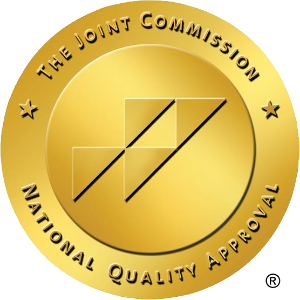Many of those who are struggling with addiction are only doing so because they were introduced to substance abuse as a teen. Whether they first drank alcohol at a high school party or were given drugs while partying with close friends, those who are attempting to overcome addiction find it difficult to get away from.
What about those people who are beginning to grow out of that party lifestyle? What about those people who are beginning to settle down emotionally and socially? Because addiction is such a personally devastating problem, many people end up asking themselves if they’ll ever just grow out of it.
Whether you believe that age is the ultimate cure for addiction or you believe that addiction can only be overcome through persistence and determination, it’s no secret that overcoming addiction requires at least some emotional maturity.
Reaching Maturity
Many people claim that because the mid 20’s are the age when our prefrontal cortex (the part of our brain that controls responsibility) reaches full maturity, that age is when people can commonly grow out of addiction.
With this in mind it’s easier to say that it is possible for addiction to fade with emotional maturity, rather than with age. Just because one reaches the age of 50 does not mean that some magical wave passes over them, taking their addition away from them.
This new information gives those in addiction treatment the unique understanding that age is not a requirement for emotional stability and maturity.
On the Other Hand
In response to these claims that addiction can fade with age, experts point to the millions of adults (many of them over the age of 25) that continue to struggle with addiction, despite having reached full maturity.
These numerous cases are evidence that a fully developed prefrontal cortex isn’t enough to combat and overcome serious addictions. While some cases may say differently, it’s probably a good idea that you speak to an addiction treatment specialist for help in overcoming addiction.







